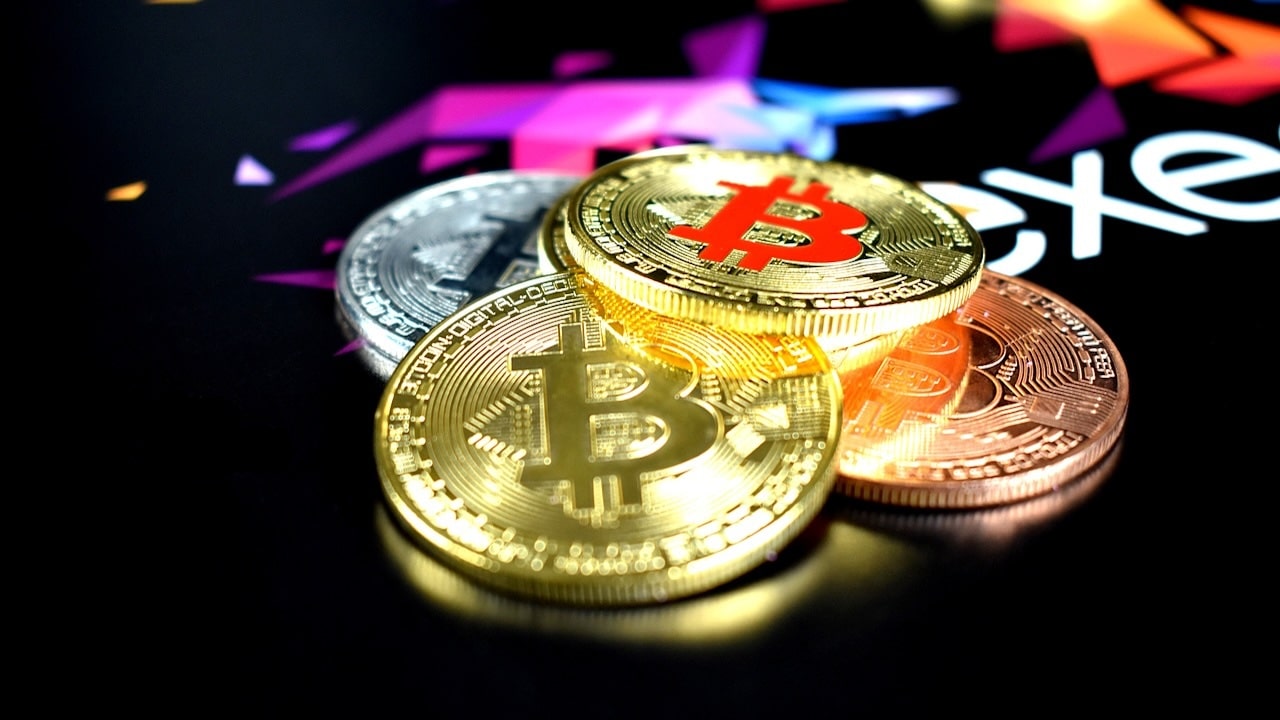A Hong Kong lawmaker, Wu Jie, has called on the government to explore incorporating Bitcoin (BTC) into its fiscal reserves. In a recent report, Jie suggested that the Hong Kong Special Administrative Region (SAR) assess the potential of adding cryptocurrencies to its reserves and use foreign exchange funds for long-term investment in digital assets.
Jie Advocates Strategic BTC Adoption
Acknowledging Bitcoin’s inherent volatility, Jie proposed allocating only a small portion of government and business reserves to the asset. He argued that adopting BTC strategically could enhance financial systems while limiting exposure to significant risks.
Jie emphasized the global impact of major economies integrating Bitcoin into their reserves. With its capped supply, the digital asset could emerge as a competitor to traditional assets and offer a hedge against inflation. Furthermore, he noted that adoption by “influential” nations might stabilize BTC’s value, encouraging broader global acceptance. Such a shift could reduce reliance on traditional reserves like gold.
Jie’s proposal follows a related inquiry by lawmaker Johnny Ng, who previously urged the government to consider digital assets. In a July 28 X post, Ng described Bitcoin as “digital gold” with increasing global acceptance.
He suggested that integrating Bitcoin into financial reserves could become feasible provided regulatory compliance is ensured. Ng also mentioned plans to consult stakeholders in Hong Kong about the possibility and share updates as developments unfold.
Hong Kong’s Crypto Adoption
The focus on Bitcoin adoption aligns with a broader recognition of Hong Kong’s leadership in crypto regulation. The People’s Bank of China has recognized Hong Kong’s leadership in crypto regulation. In its 2024 Financial Stability Report, the People’s Bank of China praised Hong Kong’s progress in managing digital assets.
The report highlighted Hong Kong’s dual classification system, which categorizes virtual assets as securitized or non-securitized financial instruments. The framework ensures proper oversight and licensing for virtual asset trading platforms, especially those dealing with security tokens.
In addition, financial institutions like HSBC and Standard Chartered must include crypto exchanges in their routine customer monitoring processes.
